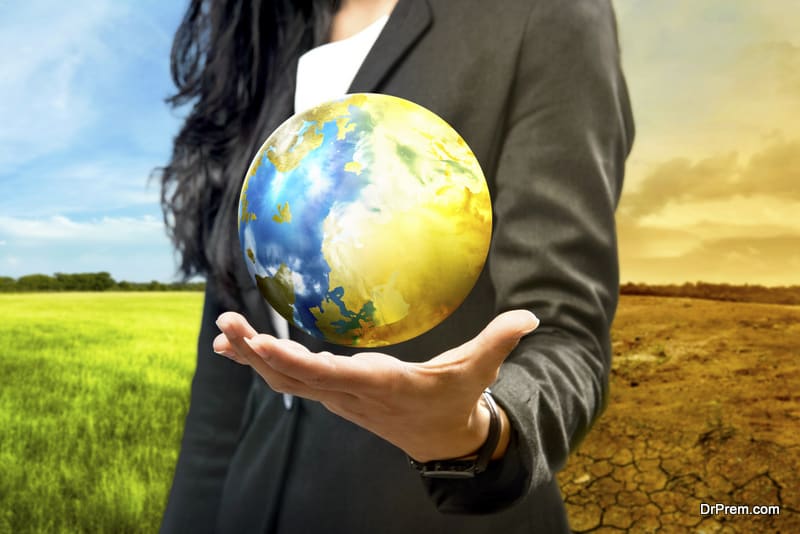World Health organization has urged the Asian nations to be prepared to tackle the disasters unleashed by global warming with the same urgency they focus on fighting disease epidemics now.
Shigeru Omi, WHO regional director for the Western Pacific, said:
For environmental issues, if you wait until the crisis happens, it will be too late.
Everybody is interested in economic development, but somehow we have to strike the balance between this development and the preservation of nature. And unless we do the action now, we will be faced with very serious consequences.
Omi added that global warming is melting glaciers of Himalayas, breeding diseases, threatening to submerge low lying areas and bring havoc to a large population on the earth.
Omi said:
Increasing temperatures are among the variables that affect malaria, and the disease is emerging and re-emerging in places where it did not exist before, or for a long time.
Global warming is becoming a serious problem for the earth that may have disastrous affect on the planet. Though everyone is aware of its implications, no one is ready to take initiatives for improving the situation. The US is adamant on its stand-not to be part of a climate deal that does not include India and China. Both India and China are unwilling to let their growth rate dampen.
China has already made public its climate strategy saying they will do their part to contain the global warming but not at the cost of their development. Recently in G8 meeting, the suggestion for having a major cut in carbon emissions by 2050 could not realize into a legally binding deal. But with this kind of approach towards climate change and environment concerns, the impact may be catastrophic.


